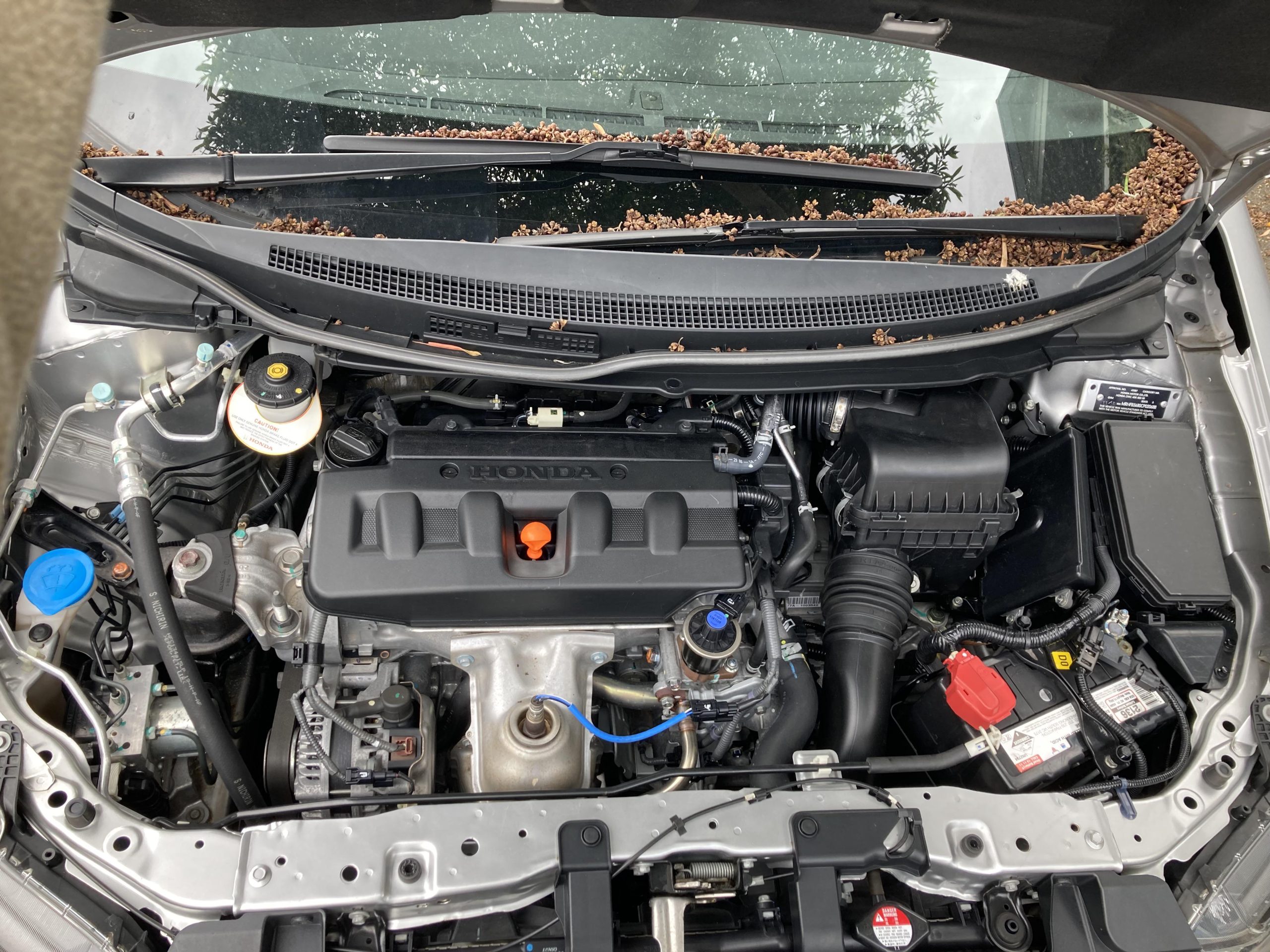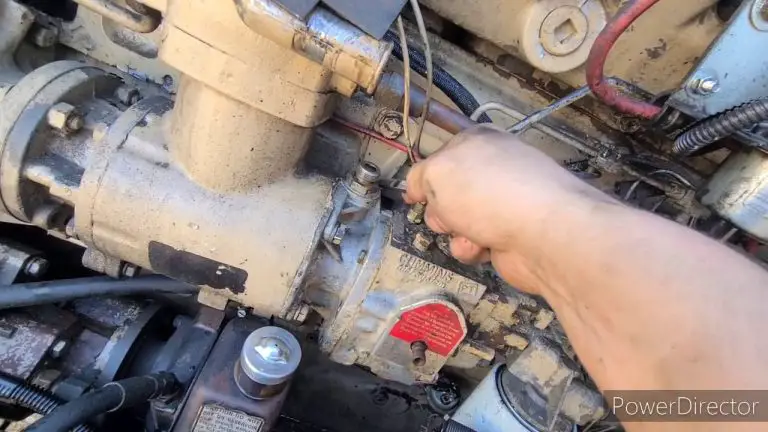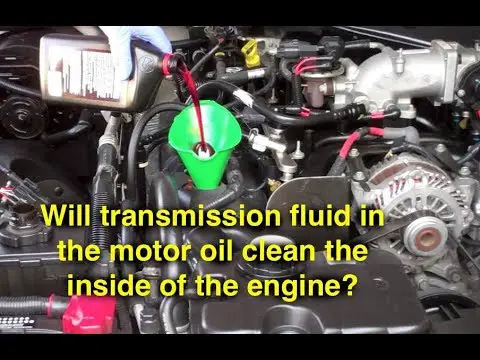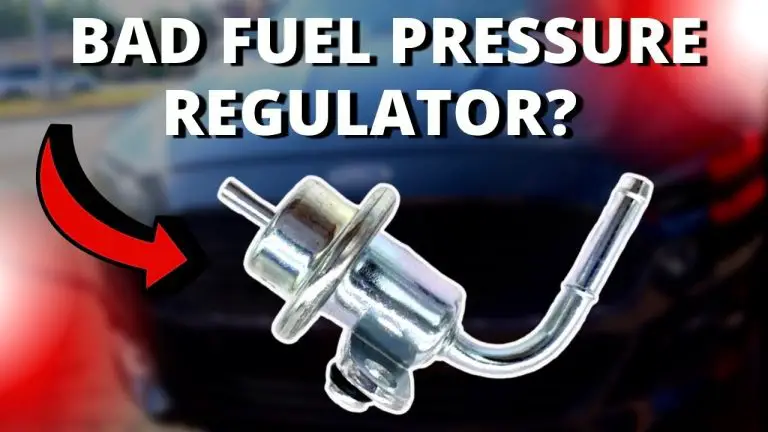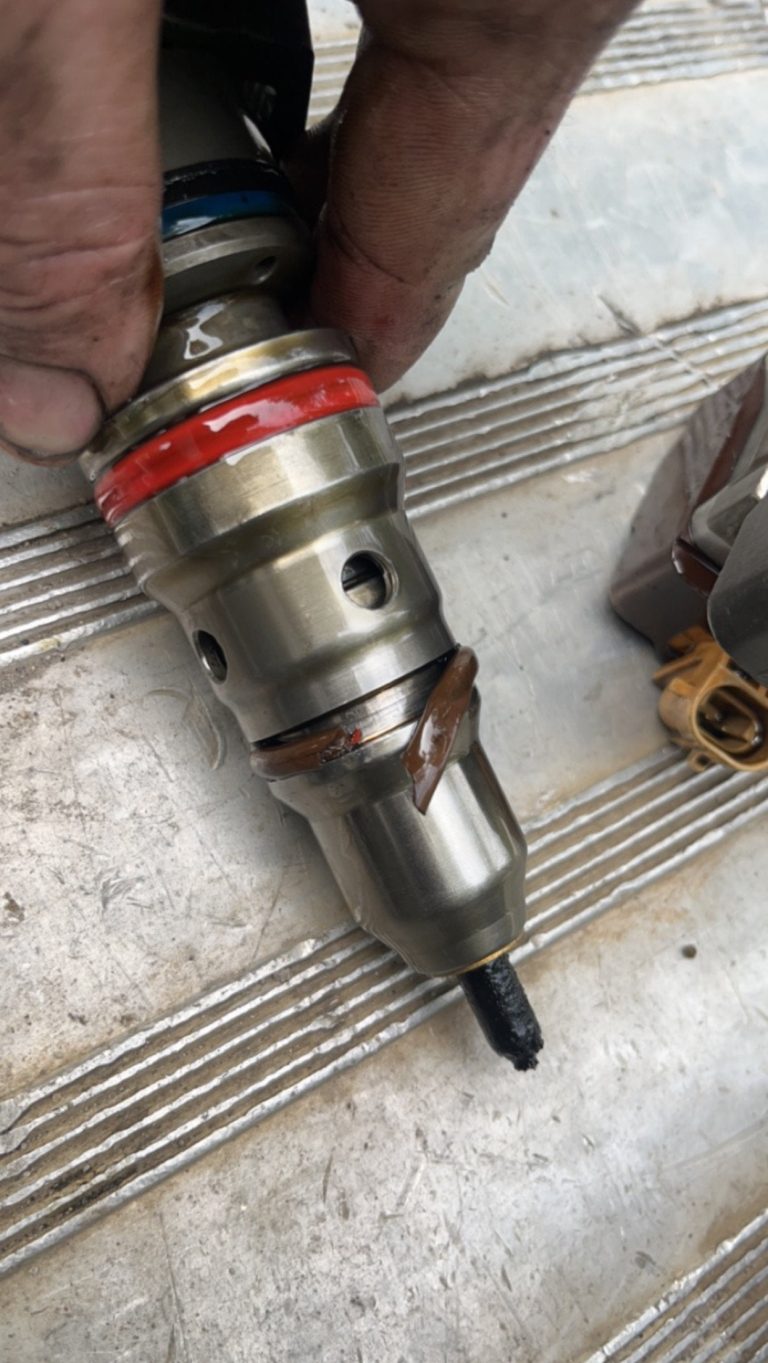Fuel Filter Replacement Interval: Maximize Engine Health
One of the key components of a vehicle’s fuel system is the fuel filter. It plays a crucial role in ensuring that the engine receives clean fuel, free from contaminants that could potentially cause damage. Regular replacement of the fuel filter is essential to maintain the optimal performance and longevity of your vehicle.
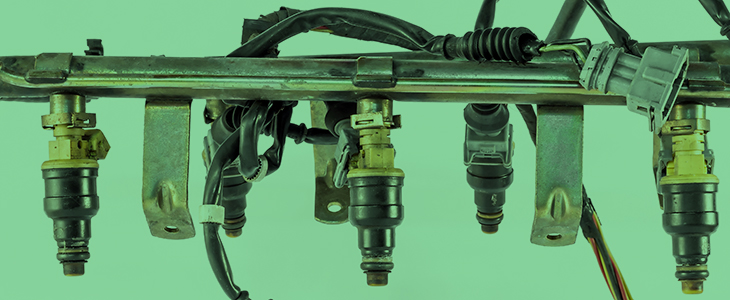
Credit: www.ecogard.com
How Often Should a Fuel Filter Be Changed?
Many vehicle owners often wonder about the recommended interval for changing their fuel filter. While there isn’t a one-size-fits-all answer, it’s generally advisable to consult the manufacturer’s guidelines for your specific make and model. However, as a general rule of thumb, it is recommended to replace the fuel filter every 20,000 to 30,000 miles or every two years, whichever comes first.
Regular inspection of the fuel filter is also crucial. If you notice any signs of clogging or contamination, it’s best to replace the filter regardless of the mileage or time interval. Neglecting the fuel filter replacement can lead to a variety of issues that could potentially impact the performance and efficiency of your vehicle.
Signs of a Bad Fuel Filter
Understanding the signs of a failing fuel filter is important for timely replacement. Here are some common symptoms that indicate a potential issue with the fuel filter:
- Power loss when under load
- Check engine light is on
- Engine runs rough or stalls
- Difficulty starting the engine
- Fuel pump malfunctions
- Decreased fuel economy
These signs should not be ignored, as they could indicate a clogged or deteriorating fuel filter that needs immediate attention.
The Consequences of Neglecting Fuel Filter Replacement
Postponing the replacement of a clogged fuel filter can have serious repercussions on the vehicle’s performance and longevity. When the fuel filter becomes obstructed, the fuel pump is forced to work harder to supply the engine with fuel, leading to potential engine damage and reduced fuel efficiency.
By maintaining a clean fuel filter, you can enjoy the following benefits:
- Better fuel efficiency
- Enhanced engine power
- Prevention of potential engine damage
Fuel Filter Replacement for Diesel Vehicles
For diesel vehicles, the fuel filter replacement interval may vary. It’s recommended to consult the manufacturer’s specifications or seek advice from a qualified mechanic who specializes in diesel engines. Due to the unique characteristics of diesel fuel, it’s crucial to adhere to the prescribed maintenance schedule to ensure optimal performance and longevity of the vehicle.
Credit: repairpal.com
Consulting a Professional
When it comes to vehicle maintenance, including fuel filter replacement, consulting a certified mechanic or service center is highly recommended. These professionals have the expertise and knowledge to assess the condition of the fuel filter and perform the necessary replacement to keep your vehicle running smoothly.
Frequently Asked Questions
How Often Should A Fuel Filter Be Changed?
It is recommended to change your fuel filter every 20,000 to 40,000 miles or every 2 years, whichever comes first. Signs of a bad fuel filter include power loss when under load, rough engine running, engine stalls, and decreased fuel economy.
Driving with a clogged fuel filter can cause engine failure and reduced fuel efficiency.
How Do I Know If My Fuel Filter Needs To Be Changed?
To know if your fuel filter needs changing, watch for power loss, rough engine running, stalling, or decreased fuel economy.
How Long Can You Drive Without Changing Fuel Filter?
You should change your fuel filter every 20,000 to 30,000 miles to maintain optimal engine performance.
What Happens If You Don’t Change Your Fuel Filter?
If you don’t change your fuel filter, it can lead to engine failure as the clogged filter makes the fuel pump work harder. Regular changes boost fuel efficiency and engine power. Signs of a bad filter include power loss, rough running, stalling, and decreased fuel economy.
Conclusion
Regular fuel filter replacement is essential for maintaining the efficiency and longevity of your vehicle. By adhering to the recommended replacement intervals and staying vigilant for signs of a failing fuel filter, you can ensure that your vehicle’s fuel system remains in optimal condition. Ultimately, prioritizing the maintenance of your fuel filter can contribute to improved performance, fuel efficiency, and overall driving experience.

